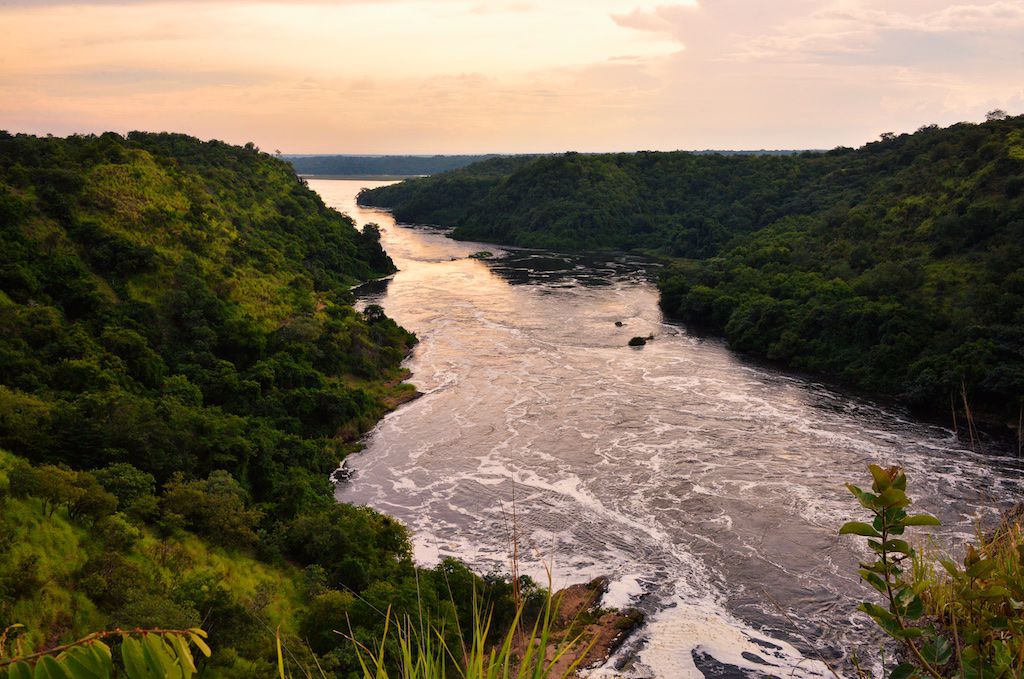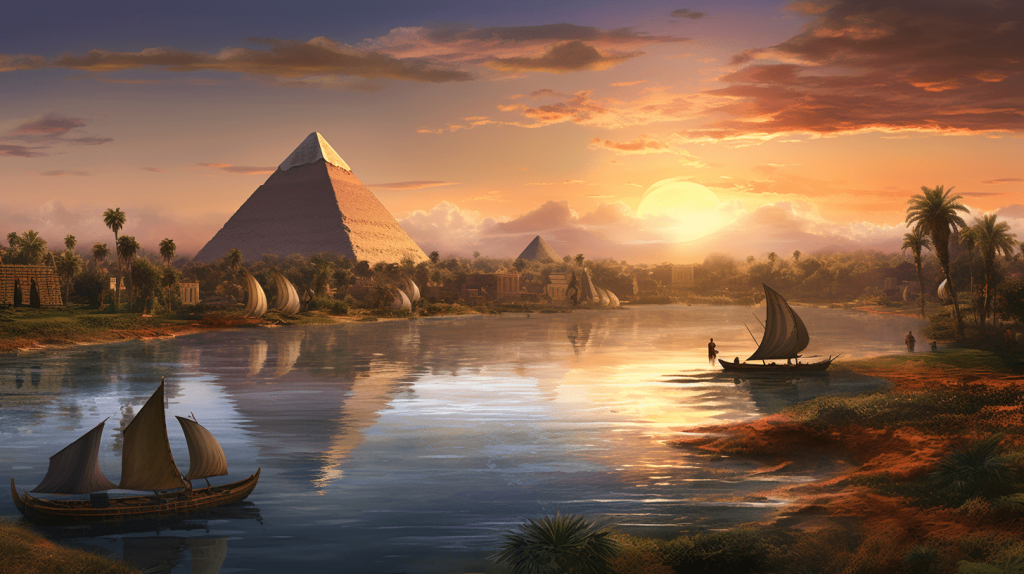
The Nile, and Ancient Egypt
Egypt has been deemed the birth place and beginning of civilization, and that is all thanks to The Nile River, which was the sole purpose ancient Egyptians managed to exist and prosper. In this blog post we talk a little bit about the Nile River, and will let you in on some facts that you probably did not know!
Its geography :

At 6,650 km, or 4,132 miles, The Nile is the biggest river in the world, running through pretty much half of the African continent and passing through many countries, some examples are :
- Tanzania
- Burundi
- Uganda
- Kenya
- Eretria
- The Republic of Congo
- Egypt
- etc…
With its water sourced from both the White Nile (Burundi, Rwanda, Tanzania, Kenya, Zaire and Uganda) and the Blue Nile (the Ethiopian highlands), It starts in the rivers that run into Lake Victoria, which is located Tanzania and Uganda but bordering on Kenya, and runs through all the way to the delta north of Egypt, before pouring out into the Mediterranean sea. The Nile has many significances as it contributes to many places economically through fishing, and agriculturally.
Why it was so important :

The Nile River has historical and cultural importance in Egypt, as it has kept the ancient Egyptians’ land habitable and allowed them to make use of its resources in order to thrive. It actually had been supporting Egypt since the stone age, and their dependence on the river is evident due to the fact that they built all their cities, buildings, and most of the Pharaonic historical sites in Egypt are found near the river banks
The reason the land was so fertile back then, was due to the silt deposited by the river which allowed agriculture to prosper in Egypt at a staggering rate, allowing them to harness the crops growing around the Nile and trading it to supply the already famished Middle-East, as well as establishing healthy and strong diplomatic relations with neighboring countries, which contributed immensely to the economical state.

Another cool fact is that originally, the Pyramids of Giza had a branch of the river run close by, but it no longer exists. This ancient branch was at its peak during the African Humid Period, which began 14,600 – 14,500, and lasted about 8,000 years.
Spirituality was also heavily influenced by the river, as ancient Egyptians thought that the God of annual floods along with the Pharaoh were responsible for controlling the flooding which was a natural cycle that had an integral role in the growing of crops.
The Nile was closely tied to their beliefs in life, death, and the afterlife, as they thought that the East was a place of birth and growth, while the West was a place of death. This is due to the patterns in which the sun, which the thought of as the God Ra, would rise (signifying birth), set (signifying death), and rise again the next day (signifying rebirth).

The ancient calendar was also based on the 3 cycles of the Nile, with each season consisting of 4 months, and each month was of 30 days.
Humanity isn’t the only thing that found amazing benefits from the resources provided by the Nile, but an extremely diverse array of plant life, animals, and multiple ecosystems have also adopted the river as a haven. A notable Nile plant is the papyrus, famously known for being the material used in creating the papyrus paper Ancient Egyptians would write on. (I’ve gone into more detail on papyrus and other inventions made by Ancient Egyptians, if you’d like to read that one click here)

Today The Nile remains to be one of Egypt’s primary drinking water sources, where due to the pollution in recent years rendering the water unsafe to consume, filtration takes place in which it is purified and then distributed across all of Egypt.
It is worth mentioning that the famous ancient Greek historian Herodotus said that “Egypt is the gift of The Nile” which is a quote that has become famous over the years.
Hopefully you enjoyed this read and learned something new!





